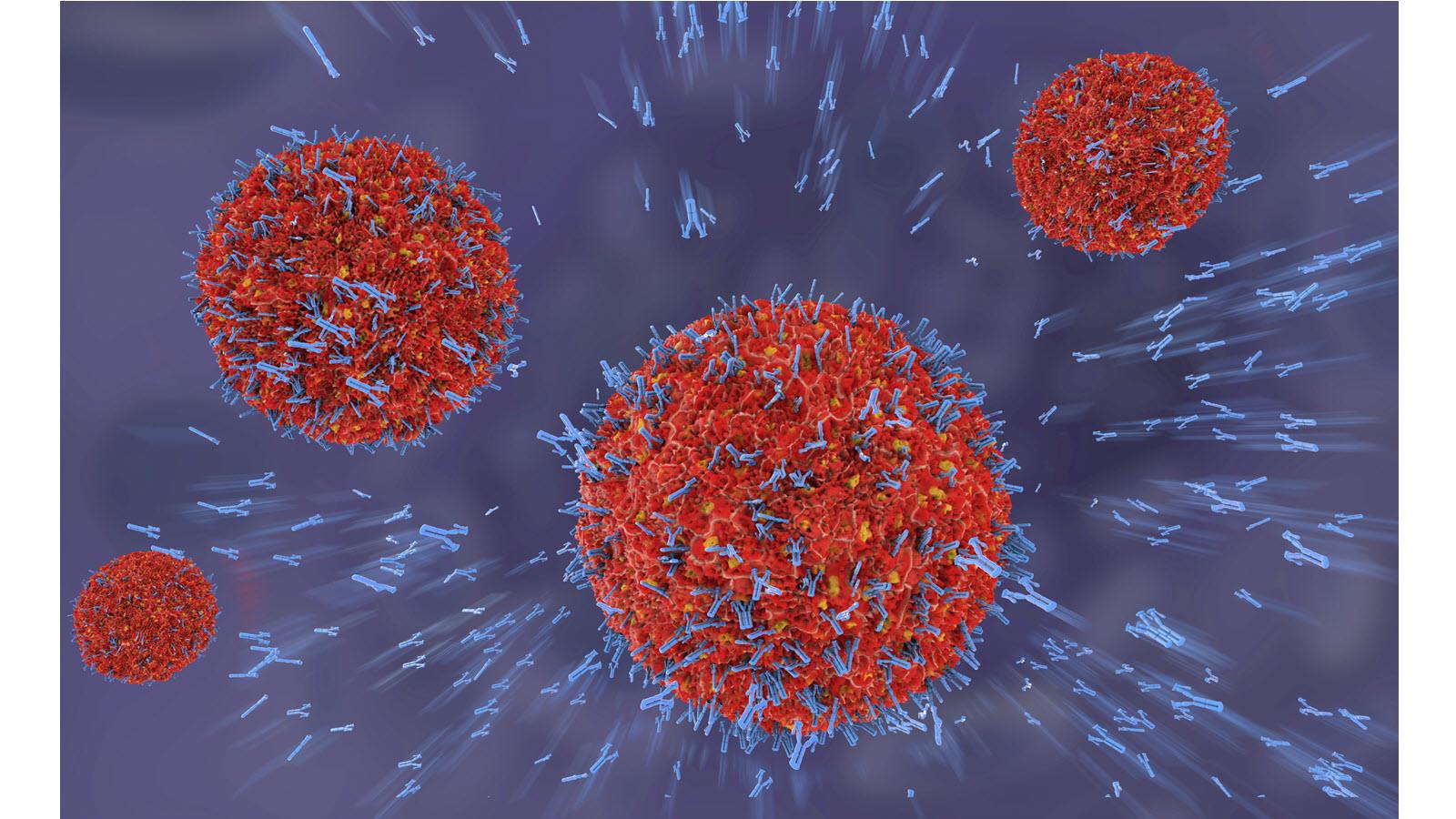COVID-19 made “antibodies” a hot topic. Did people infected with COVID-19 have antibodies to the virus? And did people who received a vaccine make antibodies that would protect them?
The answers turned out to be yes to both questions for those who have healthy, functioning immune systems. For people who have certain primary immunodeficiencies, the question is more cloudy. Transplant recipients, who are also immunocompromised, have questions, too. Research published in April in the Journal of the American Medical Association (JAMA) found that vaccinated transplant recipients had low levels of antibodies or none at all.
For many who have immunodeficiencies, the vaccine likely will be as effective as it is for the general population, immunologist Kathleen Sullivan said last fall in a video message from the Immune Deficiency Foundation. But, she said, it’s unclear how a potential vaccine will work for those who have antibody deficiencies.
In April, the U.S. National Institutes of Health launched a 500-person study to help determine how protected immunocompromised people are after they have received a COVID-19 vaccine.
Until the results are in, here are three things to know about antibodies
- Antibodies enable your body to “remember” a bacteria or virus and disarm it before it can make you sick. Antibodies attach themselves to a virus and prevent it from getting into your cells.
- It’s a complex process and there’s more than just one kind of antibody: IgG, IgA, IgM, IgD and IgE. Ig means “immunoglobulin.” Each class has a different structure and a slightly different function.
- Antibodies aren’t the whole story, said Dr. Richard Kaul, a transplant doctor at the University of Michigan. He and other doctors recently weighed in on the likely immune response of people who are immunocompromised for various reasons. “The immune system includes lots of other components that are essential in defeating everything from the common cold to COVID-19,” he said. “And those other elements may be reporting for duty in large numbers after you get the vaccine.”
Later this month, physicians will discuss SARS-CoV2 antibodies at an Immune Deficiency Foundation conference that begins June 23. Get more information about the four-day virtual event, described as the largest gathering of primary immunodeficiency patients in the world.



